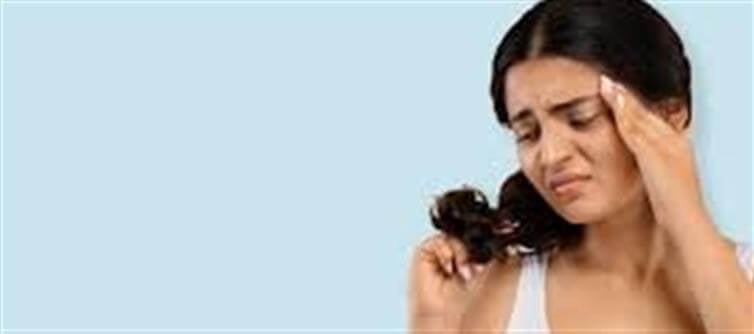
Hair fall can be a frustrating puzzle, especially when your favorite shampoos and DIY remedies fail to deliver. Experts point to hidden culprits behind excessive shedding, from diet deficiencies to lifestyle stressors. Here’s a 400-word listicle unpacking five key causes of hair loss, backed by science, to help you understand and tackle the issue.
Nutrient Shortfalls: Starving Your Strands
Missing key nutrients like iron, zinc, or vitamin D can weaken hair follicles, leading to thinning. iron deficiency, especially in women, reduces oxygen delivery to roots, triggering sudden shedding (telogen effluvium). Biotin shortages cause brittle hair, though rare in balanced diets. Solution: Eat iron-rich foods like spinach, lentils, and red meat, and consider blood tests before supplementing.
Stress Overload: Cortisol’s Hairy Consequences
Chronic stress spikes cortisol, pushing follicles into a resting phase and causing delayed shedding. Studies link prolonged stress to conditions like alopecia areata, where patchy hair loss occurs. Meditation, yoga, or even a nightly wind-down routine can lower cortisol and help your scalp recover.
Hormonal Havoc: When Your Body Betrays Your Locks
Hormonal shifts from thyroid disorders, pregnancy, or PCOS elevate androgens, shrinking follicles and causing pattern baldness. women with PCOS often notice thinning at the crown. A blood test can pinpoint imbalances, and treatments like hormone-regulating meds may help stabilize hair growth.
Scalp Sabotage: Styling sins That Hurt
Tight hairstyles like braids or ponytails cause traction alopecia, damaging roots over time. Chemical treatments, dyes, and heat tools strip hair of moisture, leading to breakage. Experts suggest gentler styling—think loose buns and sulfate-free shampoos—to protect your scalp and strands.
Medications and Illness: Unexpected Hair Thieves
Certain drugs (e.g., for blood pressure or chemotherapy) and illnesses like COVID-19 disrupt hair growth cycles. crash diets or rapid weight loss mimic nutrient deficiencies, triggering shedding. Consult your doctor about medication side effects or post-illness recovery plans to minimize hair loss.
Disclaimer:
The views and opinions expressed in this article are those of the author and do not necessarily reflect the official policy or position of any agency, organization, employer, or company. All information provided is for general informational purposes only. While every effort has been made to ensure accuracy, we make no representations or warranties of any kind, express or implied, about the completeness, reliability, or suitability of the information contained herein. Readers are advised to verify facts and seek professional advice where necessary. Any reliance placed on such information is strictly at the reader’s own risk..jpg)




 click and follow Indiaherald WhatsApp channel
click and follow Indiaherald WhatsApp channel